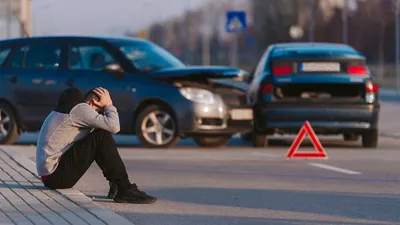BENEFITS
ADDITIONAL INFORMATION SAFETY BENEFITS & CONSIDERATIONS


Most people know someone who was killed or severely injured in a motor vehicle accident. Automotive wrecks cost the US over $230 billion a year. Most accidents happen because drivers aren’t paying attention, driving too fast for the conditions, or driving unsafely.
While law enforcement officers can ticket a few of the most egregious offenders, our roads are filled with drivers driving dangerously. Our system allows local governments to curb bad behavior behind the wheel. Most drivers will drive more safely when a police car is in view, but the rest of the time, they feel free to speed, drive aggressively, use their phones, etc.
If people can be cited before they cause a wreck, they can amend their driving habits leading to safer roadways for all. For newer drivers and the momentarily distracted, getting feedback in the form of a citation by mail/email can discourage them from making poor vehicle operation their norm.
Traffic stops are one of the more dangerous public interactions law enforcement officers encounter, whether it’s being outside of their vehicle next to lanes of cars or encountering an armed driver willing to escalate the situation. Shifting routine traffic tickets to an automated system will not only improve on-the-job safety for officers, but also enable the reallocation of resources to other municipal priorities.
By moving many traffic stops to non-confrontational ticketing, the risk of additional accidents from curious onlookers is eliminated. In communities where racial inequities or personal bias in traffic enforcement is a concern, implementing our AI-Assisted system eliminates the chance of that perception. The computer won’t care about skin tone, ethnic background, or socio-economic status.
The vehicles with our system in use have to drive within the set parameters for each municipality causing other vehicles to slow down. This, in turn, reduces accidents and fatalities. Over time, that decreases overall property damage, and personal injuries, and lowers the annual death toll on our streets and highways. Saving lives, preventing injuries, saving billions of dollars, and adding a revenue stream for your municipality — it’s just the S.M.A.R.T.S. thing to do.

